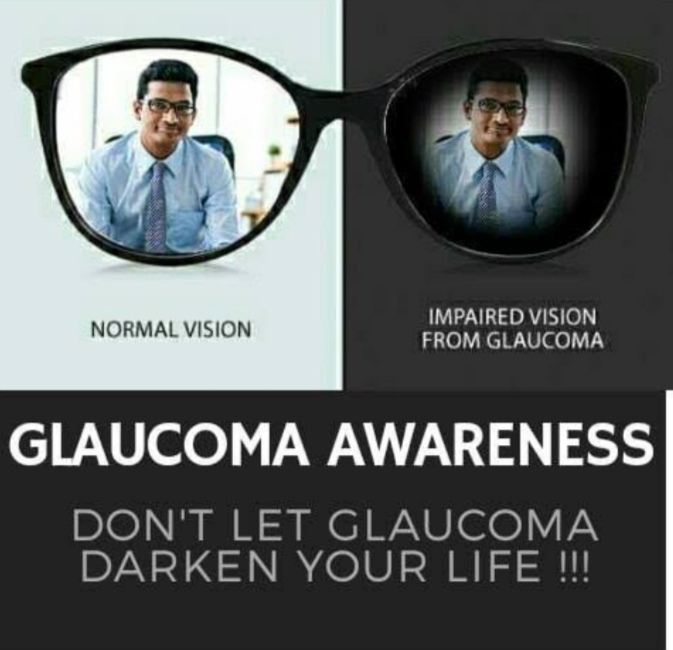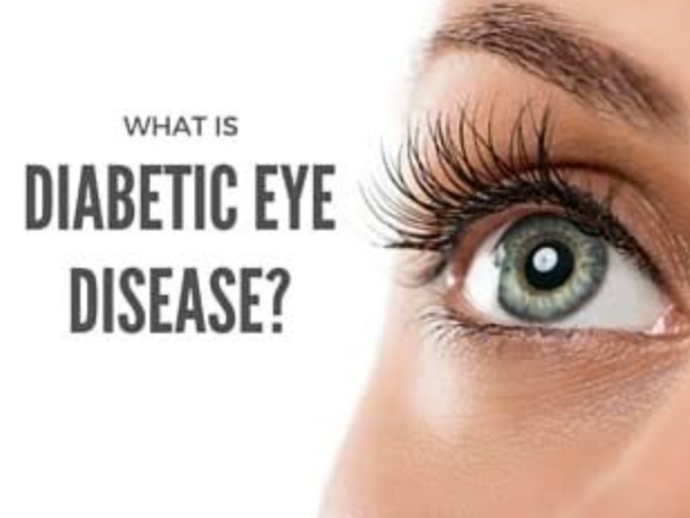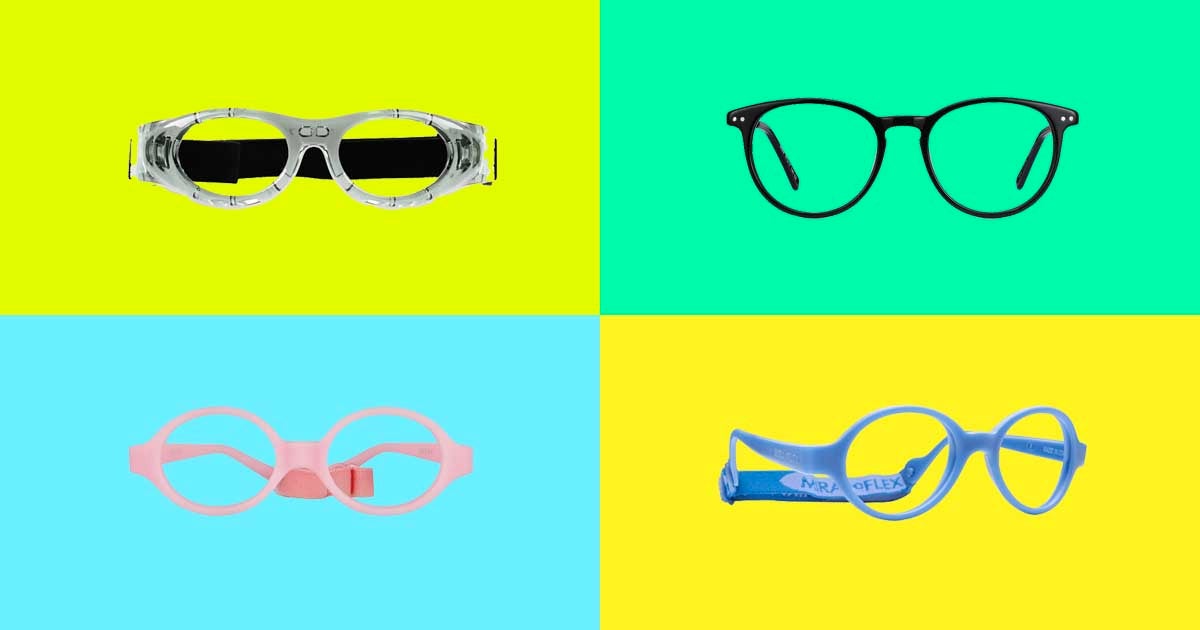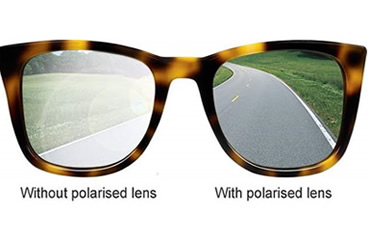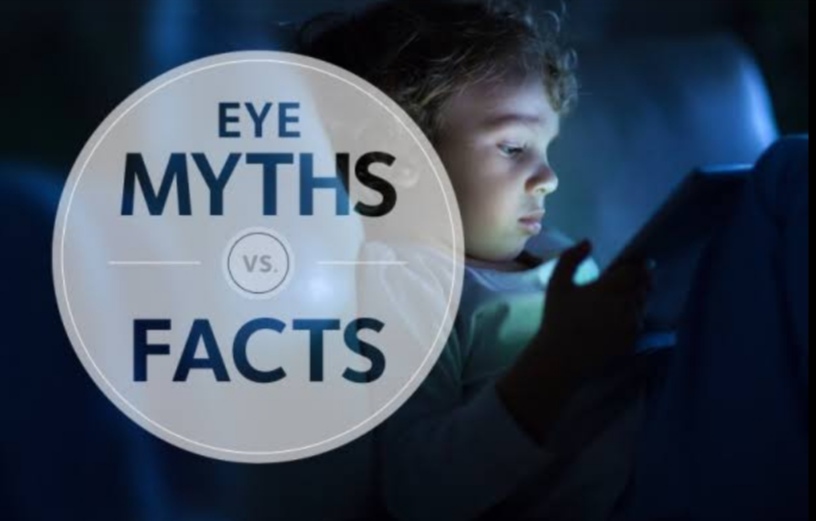WHAT IS BLUE LIGHT, AND HOW DOES IT AFFECT OUR EYES?
Blue light, like other colours of visible light, is all around you. The sun emits blue light. So do fluorescent and incandescent light bulbs. Human beings are exposed to more blue light than ever because of the widespread use of devices that rely on light-emitting diode (LED) technology. Computer and [...]


